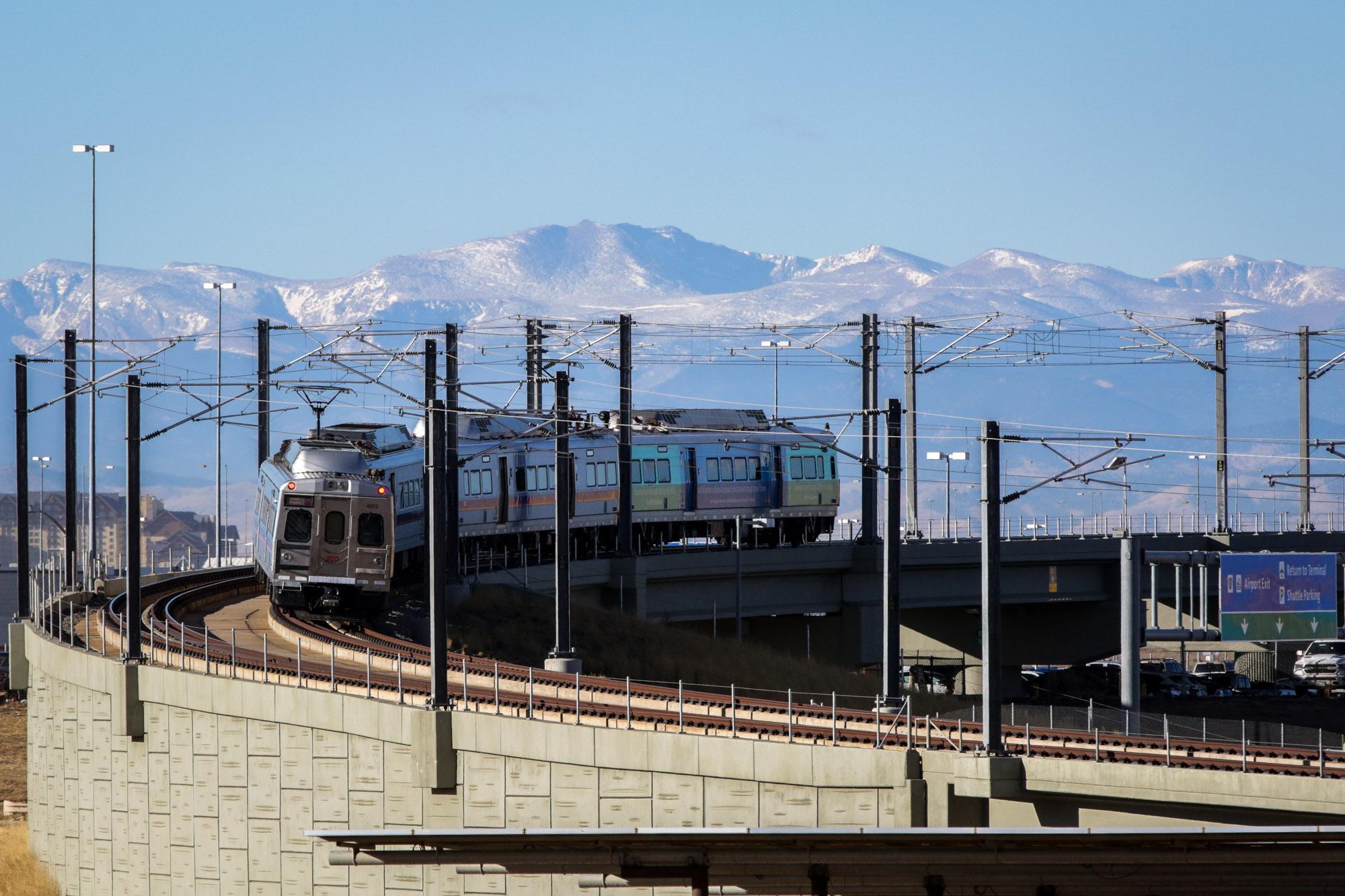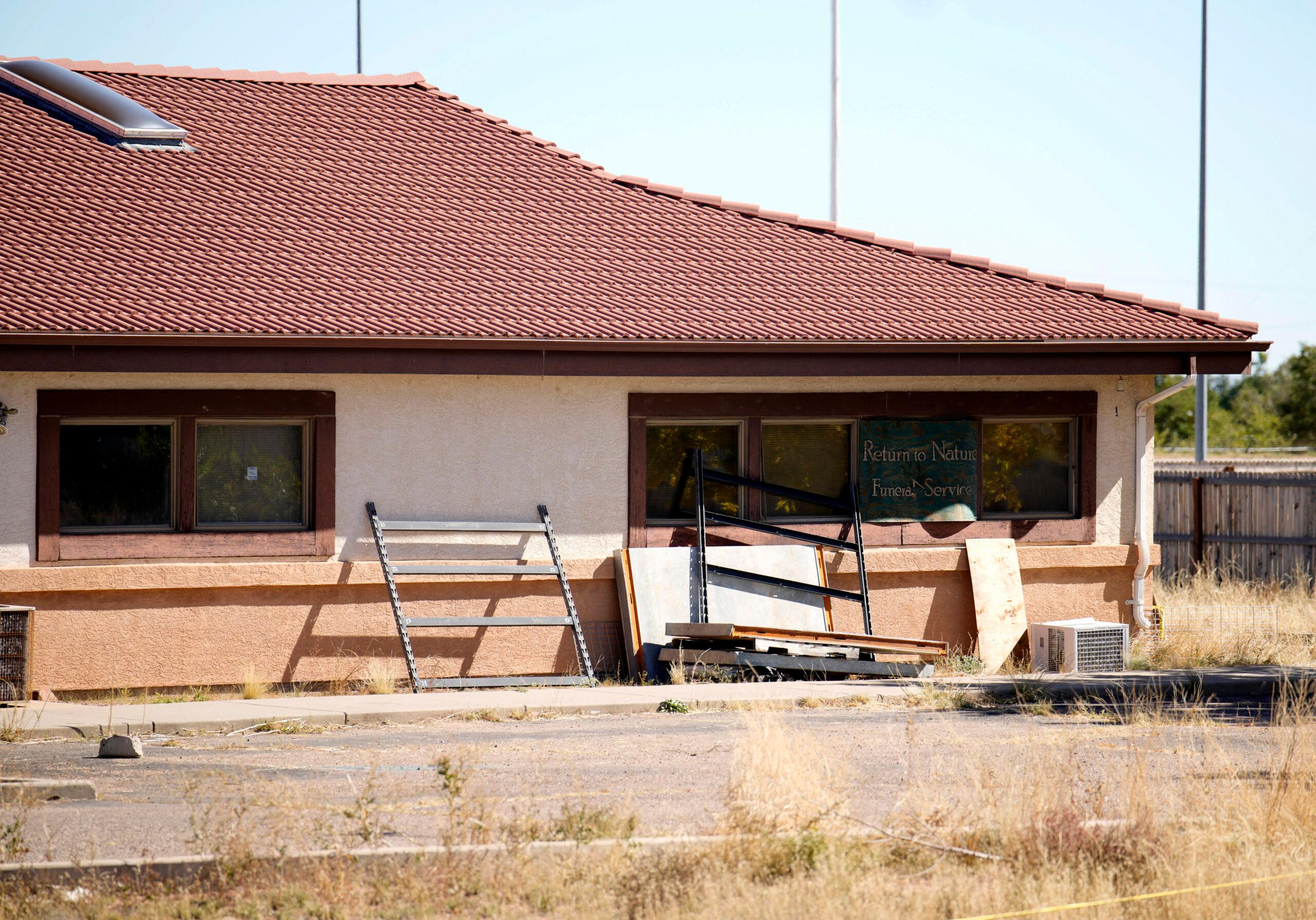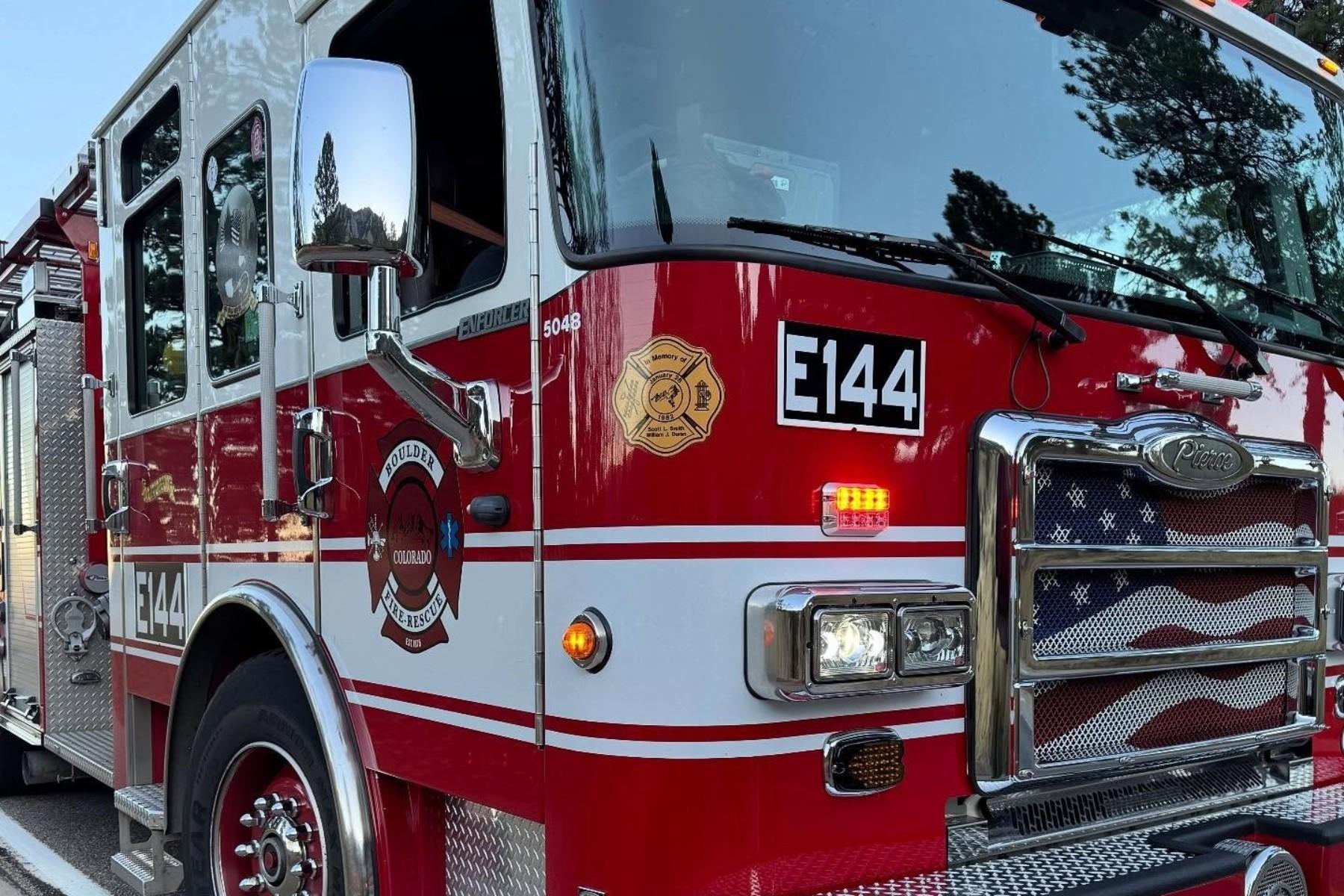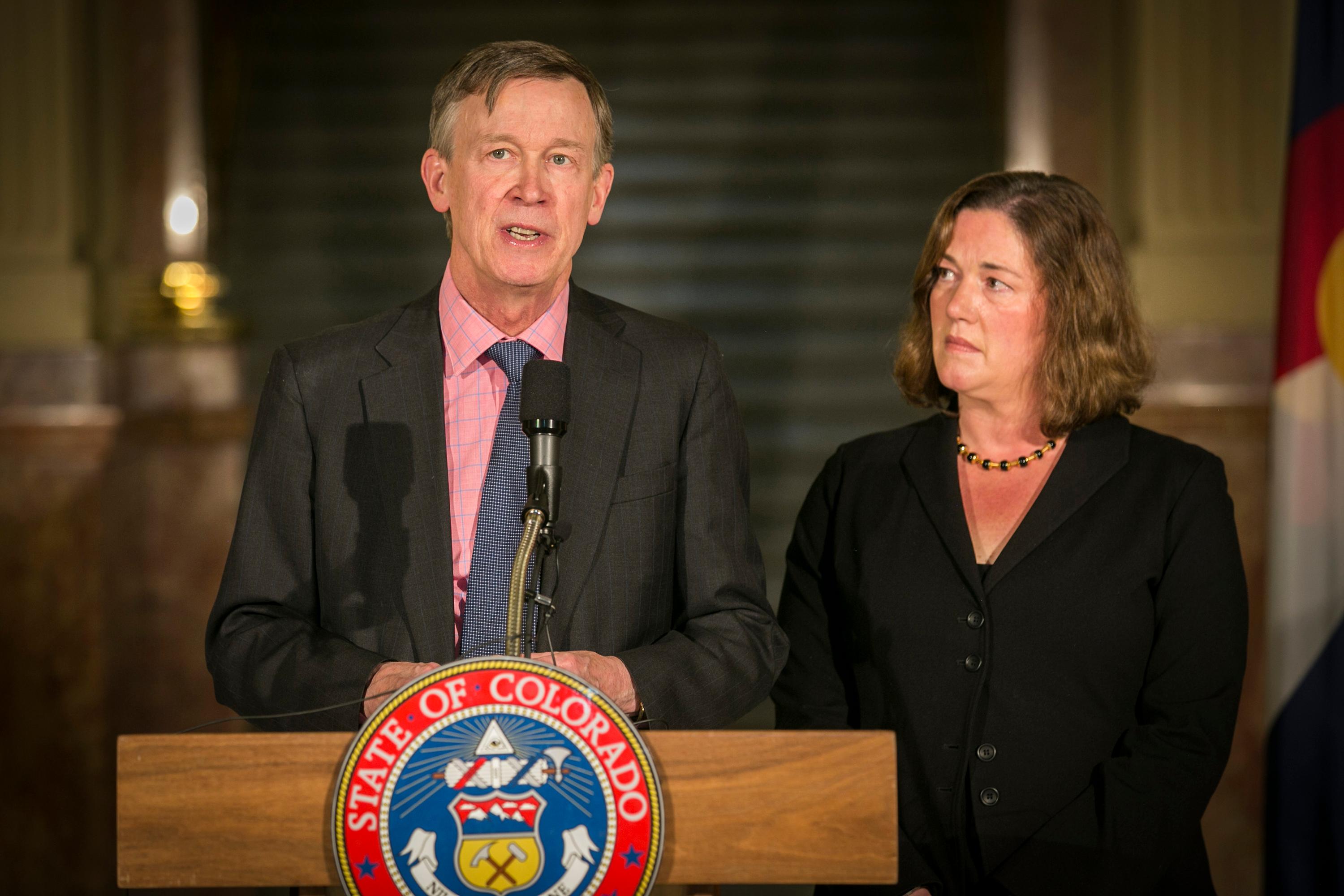
The Regional Transportation District could save up to $120 million over the next 22 years by refinancing some of its billions of dollars in loans.
But some RTD board members fear maximizing savings could have political consequences for the debt-burdened transit agency.
The voter-approved 2004 FasTracks rail expansion plan allowed RTD to issue nearly $3.5 billion in sales tax bonds, of which RTD has used about $3.2 billion. But RTD also chose to issue some “certificates of participation,” a type of debt that governments in Colorado use to sidestep limitations in the Taxpayer’s Bill of Rights.
Certificates of participation have higher interest rates than bonds. But using them allowed RTD to preserve its ability to issue about $295 million in bonds for FasTracks, which could be used for future projects like the unbuilt Northwest Rail Line from Denver to Boulder and Longmont that it hopes to build with help from the new Front Range Passenger Rail District and Amtrak.
Now, RTD staff want to take advantage of historically low interest rates to refinance the certificates of participation next year. To do that, the agency’s board of directors must first make a choice: RTD could refinance them with lower interest rates and save $103 million. Or it could refinance a portion of the certificates as bonds and save $120 million — and also max out its FasTracks bonding capacity.
Staff members say there’s little legal precedent for an agency issuing debt more than 20 years after voter authorization, and they worry RTD’s ability to issue new FasTracks debt will expire soon.
“We’re in a position where we may have a chance to use it, or potentially lose the opportunity,” said Brenden Morgan, RTD’s senior manager for debt and investments.
The $103 million savings plan is a “slam dunk,” Erik Davidson, who represents Broomfield and Longmont on the RTD board, said at an RTD board committee meeting Tuesday. But he and other directors worry that using up the FasTracks bonding limit will be perceived by communities as a sign that RTD can no longer raise money for unfinished FasTracks projects.
“This is giving up our bonding capacity on a very politically charged issue,” said board member Lynn Guissinger of Boulder, adding: “There’s a lot of potential public downside to this, I think, or at least risk, for that marginal $17 million.”
While RTD staff said the agency could finance future FasTracks projects by issuing new certificates of participation, Guissinger is also worried about the higher costs that come with using that method. She, and other directors, also asked for more details about the possible legal issues that could arise from issuing new FasTracks bonds after 2024.
"Finding this money is a great thing,” Guissinger said. “The $103 [million], the $120 [million]. It's a really great thing. But I just have concerns ... about using up all of our bond authority."
RTD would also still need to find the revenue to pay for any unfinished FasTracks projects and their respective debt. RTD’s budget is still on shaky ground as it tries to add staff and restore service slashed at the beginning of the pandemic.
The board will get more information from staff about the debt proposal in the coming weeks and likely decide in June.
Editor’s note: This story was updated to include more comments from RTD board member Lynn Guissinger.









